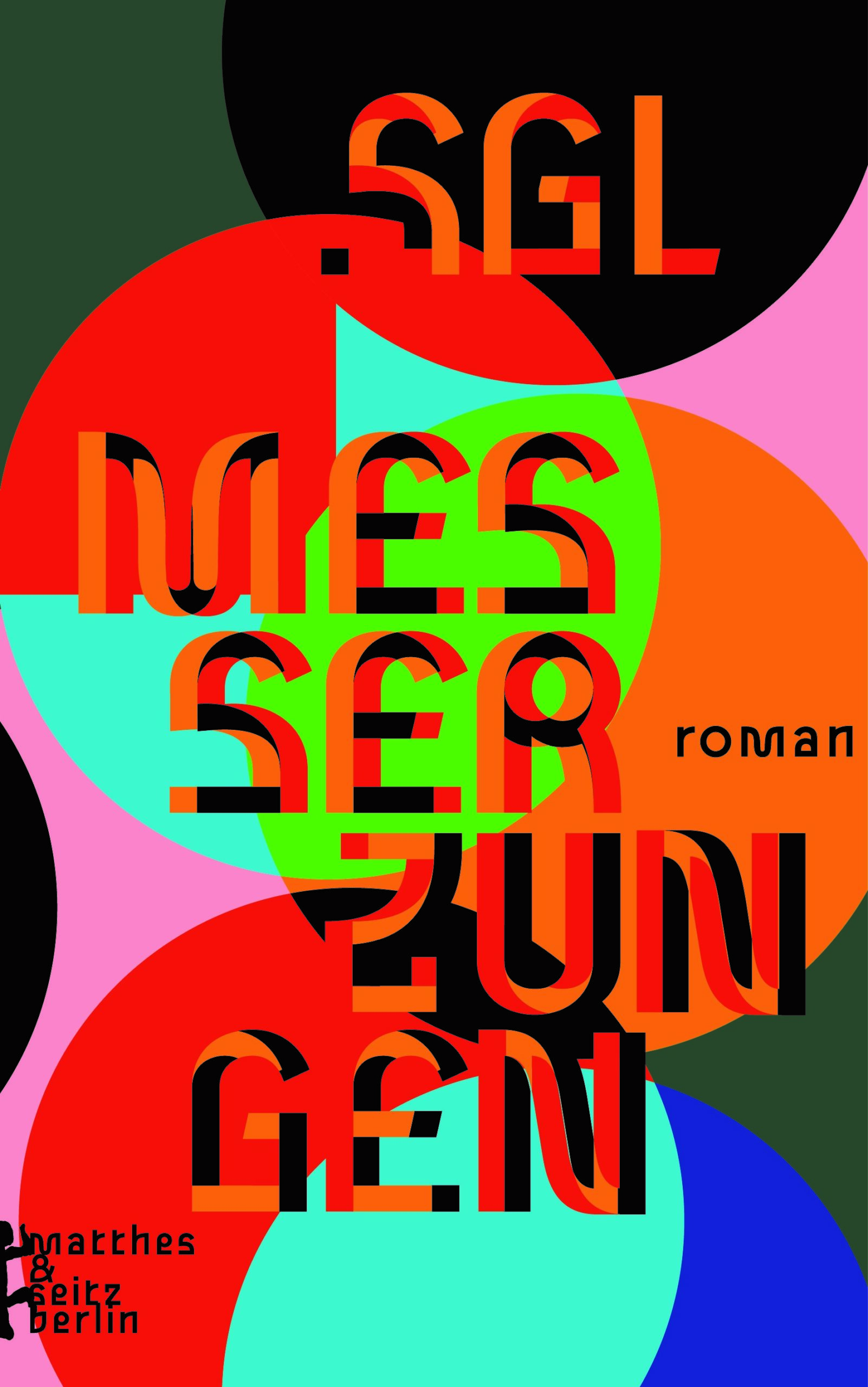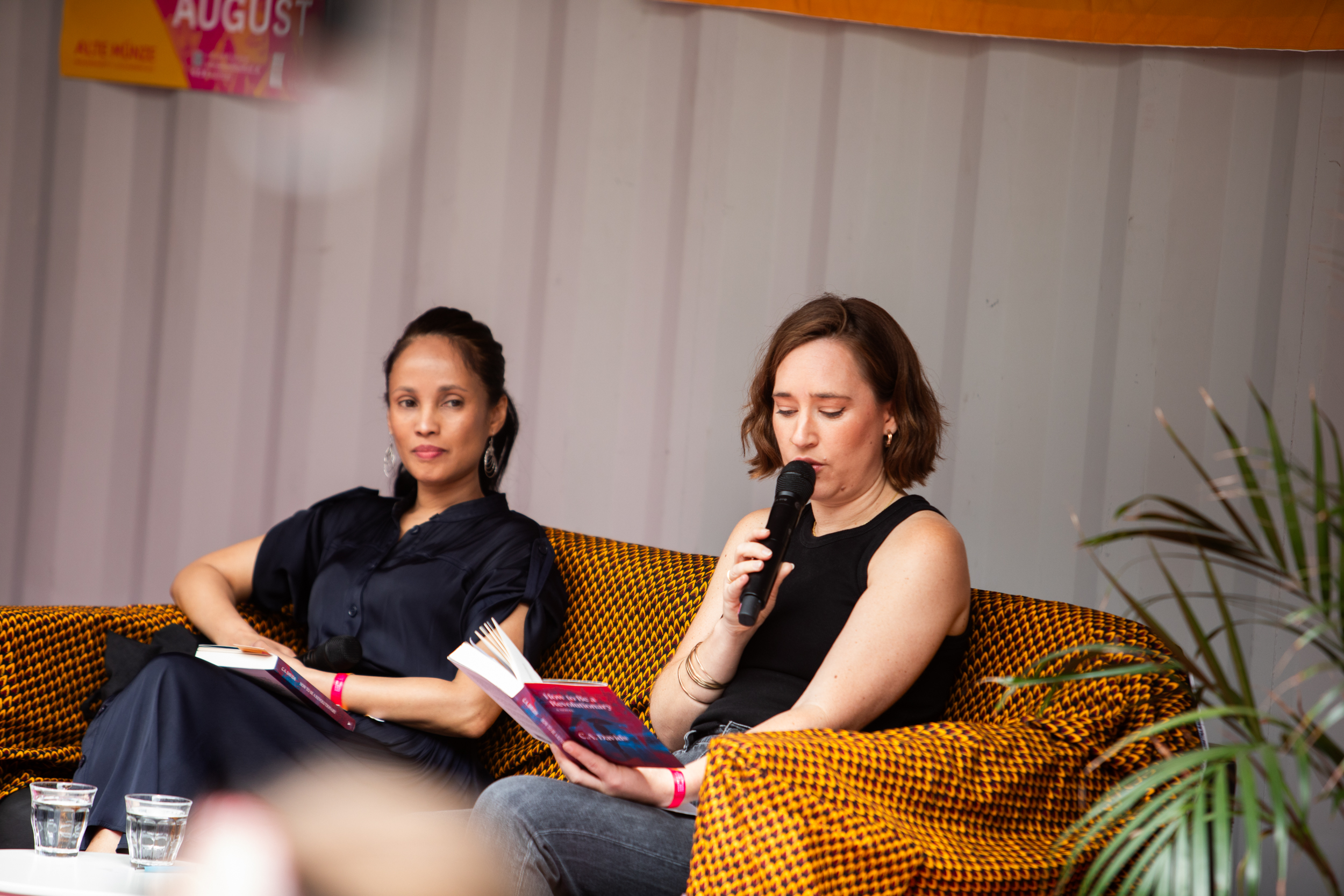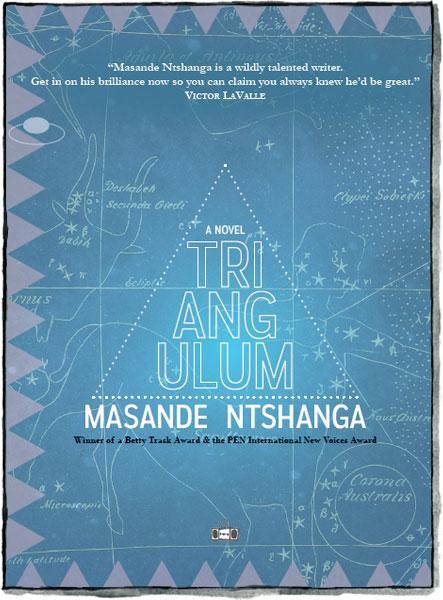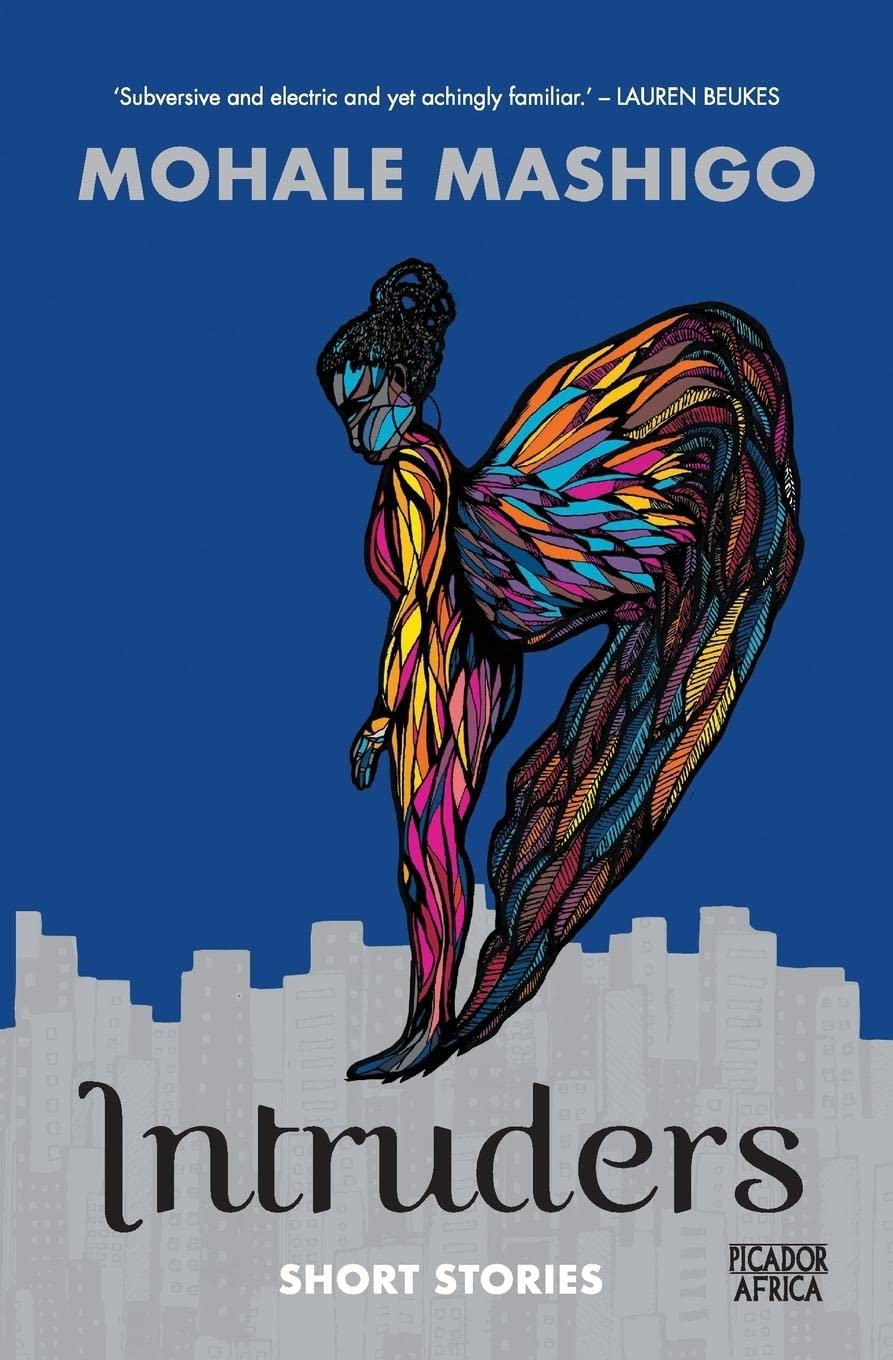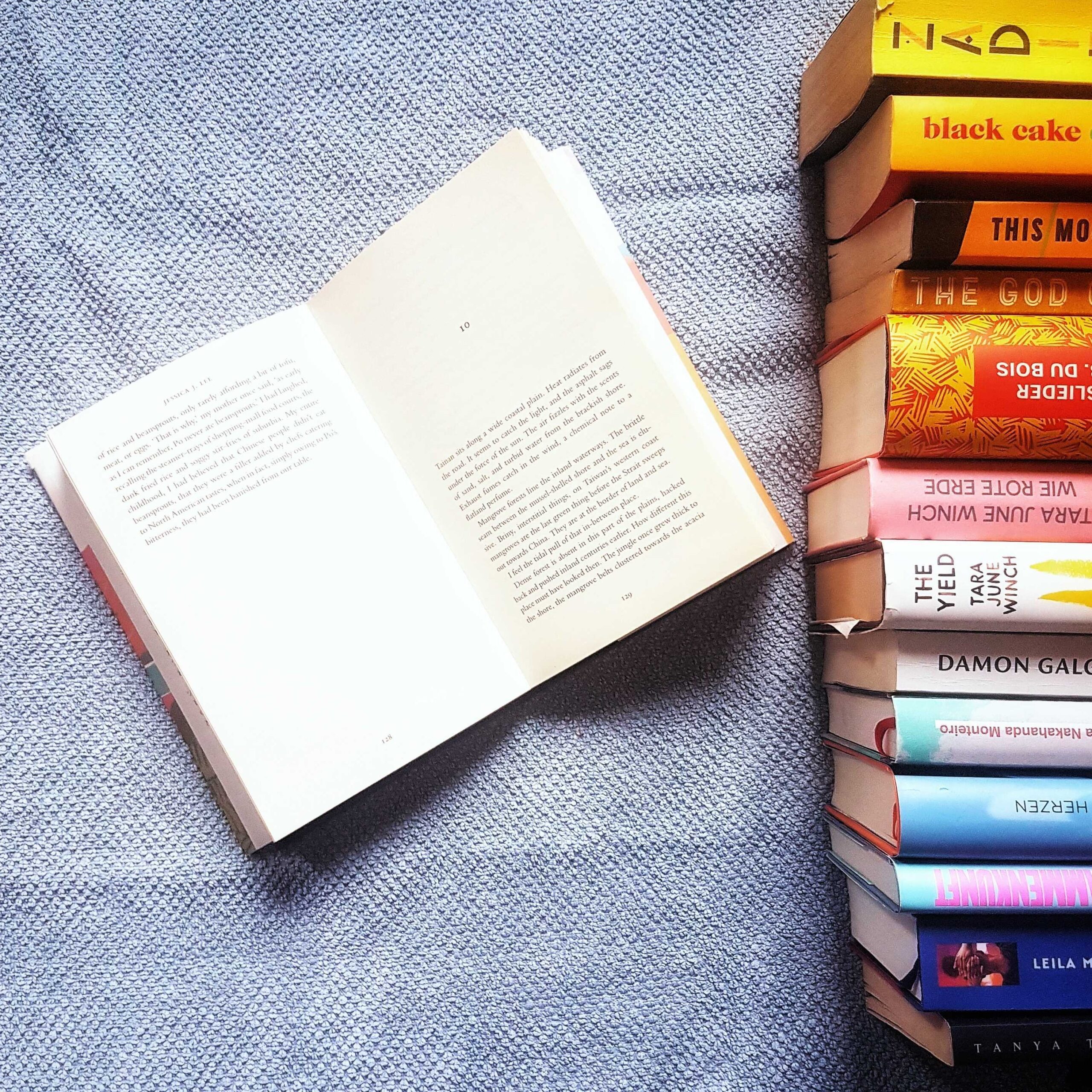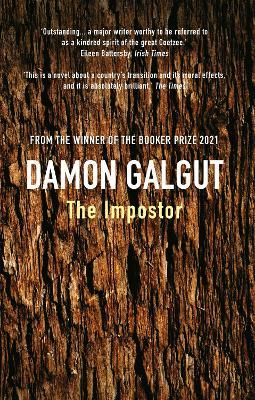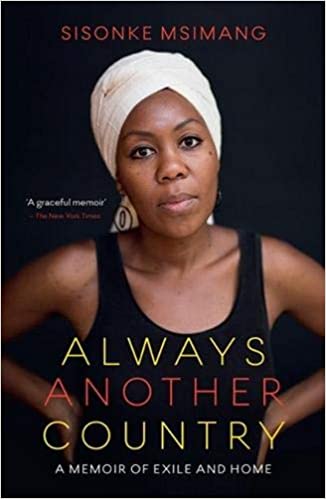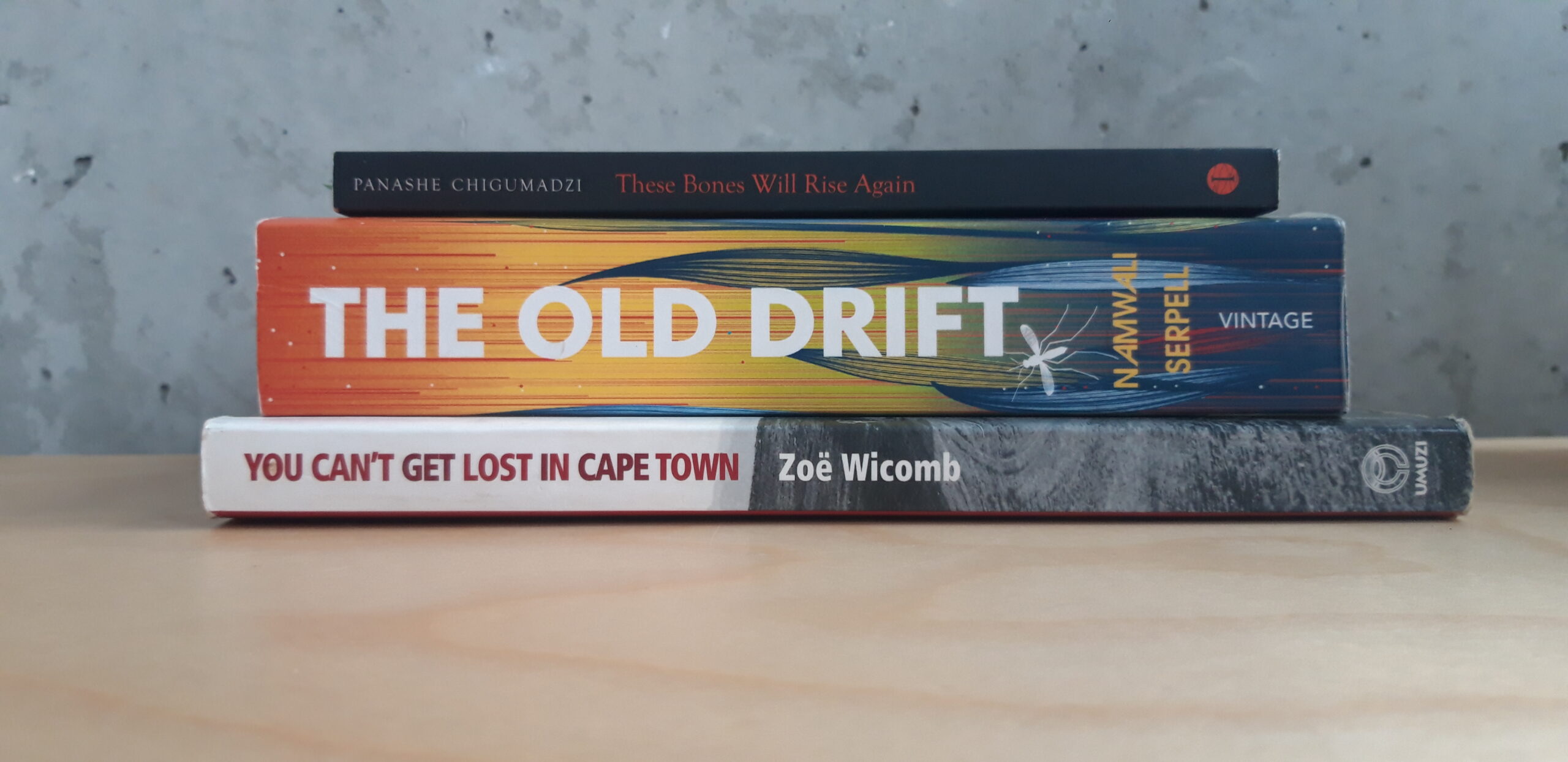In the novel Messer, Zungen (Knives, Tongues, not yet translated into English) Simoné Goldschmidt-Lechner approaches the story of a South African family that later moves to Germany in an experimental, fragmentary manner.
more...
“Politics is my first love”, she begins, and it certainly shows as the novel tracks a particular political time and feeling: one where revolutionary hopes give way to futures that fall short of expectation. It is a complex story, succinctly described by the book jacket as “connecting contemporary Shanghai, late Apartheid-era South Africa, and China during the Great Leap Forward and the Tiananmen uprising — and refracting this globe-trotting and time-travelling through [Langston] Hughes’ confessional letters to a South African protégé about the poet’s time in Shanghai [in the 1930s]”.
more...
With his second novel, Masande Ntshanga moves into speculative fiction. Triangulum offers a critical commentary on how colonial and apartheid regimes of segregation have ongoing effects in the postapartheid present of Ntshanga’s writing.
more...
Intruders ranges from stories about familiar monsters – werewolves and ghosts, say – to imagining technologies of the not-too-distant future – eye implant computers, for example. Even when the imagined taps into a familiar trope or figure, like the mermaid, Mashigo gives it a twist…
more...
The editors of poco.lit. share their favorite books of 2022 – five novels by incredibly talented writers from around the world
more...
The Impostor is an exciting book that offers insights into a complex reality. It is set in a time shortly after the end of apartheid; South Africa is in transition.
more...
The Promise marks the third time a South African writer has won the Booker: Galgut joins fellow laureates Nadine Gordimer and JM Coetzee. The book is executed with a real skill for the craft of writing, and commands respect for the author’s handling of his medium.
more...
In her autobiography, Sisonke Msimang portrays her life as strongly influenced by the South African ANC members in exile and the frequent moves of her family to different continents. In an extremely self-critical narrative voice, Msimang recounts the contradictions she had to – and also wanted to – learn to live with.
more...
Zambia, Zimbabwe, Namibia, South Africa, Tanzania… Here are five books we can recommend to take you on some journeys through Southern Africa.
more...

